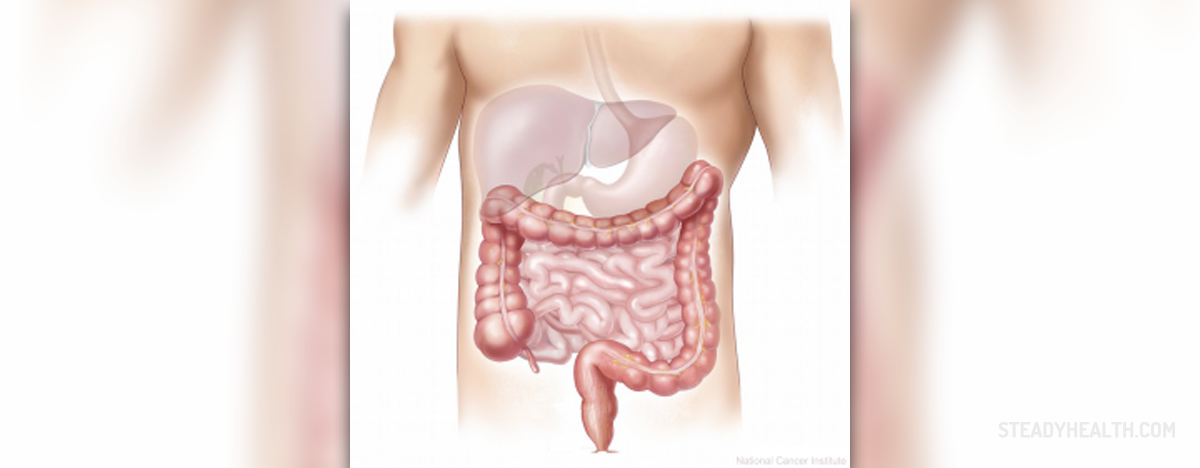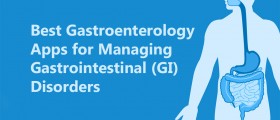
Digestion is one of the most important processes in the human body. It involves the mechanical and chemical breakdown of food into smaller particles, which can be easily absorbed into the bloodstream and supplied to the living tissues of the body. However, this is a very sensitive system that can be easily disrupted by various diseases, improper diets and emotional stress. Millions of Americans suffer from various digestive disorders, which usually lower the quality of their lives. Learning more about these disorders may help to manage them and alleviate the symptoms such as bloating, stomach pain, diarrhea and gas.
Reflux
This condition is also known as heartburn as it typically involves a burning sensation in the chest, just behind the breastbone. This condition is caused with problems in regulation of gastric acid, which can be one of the symptoms of gastroesophageal reflux disease (GERD). The best way to manage gastric reflux symptoms is to reduce acid levels by taking prescribed medications or combining food more carefully.
Peptic ulcers
Peptic ulcer is an ulcer that forms on the lining of the gastrointestinal tract. Most of the peptic ulcers are caused by the Helicobacter pylori, a bacterium that lives in the acidic environment of the stomach. Stress can also be one of the possible causes of this painful and unpleasant disease. The best way to stop growth of the peptic ulcer, and to allow the tissue to recover, is to follow a healthy diet. It would be best to avoid sour and spicy foods.
Irritable Bowel Syndrome
This disease is a functional bowel disorder defined by severe pain in the abdomen, discomfort, bloating, and problems in bowel movements. People affected by this condition usually have problems with diarrhea and constipation and more than half of them suffer from anxiety or depressions. There is no cure for this disorder but patients usually manage their symptoms by dietary changes, medications and psychological treatment.
Inflammatory Bowel Disease
This disease embraces a whole group of inflammatory conditions affecting the colon and small intestine. Ulcerative colitis is one of the most frequent inflammatory bowel diseases, but Crohn’s disease is also very frequent. Ulcerative colitis affects the colon and the rectum while the Crohn’s disease can affect any part of the gastrointestinal tract, from the mouth to anus. There is no consensus upon the true pathophysiology of ulcerative colitis, but for Crohn’s disease experts widely agree it occurs as an autoimmune disease. Both conditions involve abdominal pain, diarrhea, rectal bleeding, cramps, vomiting, and weight loss.

















Your thoughts on this
Loading...